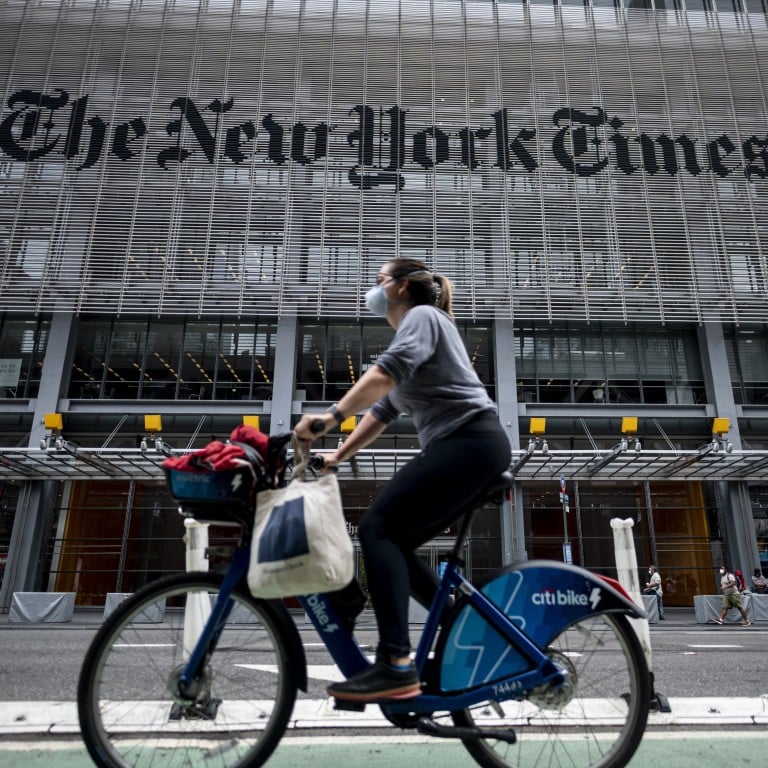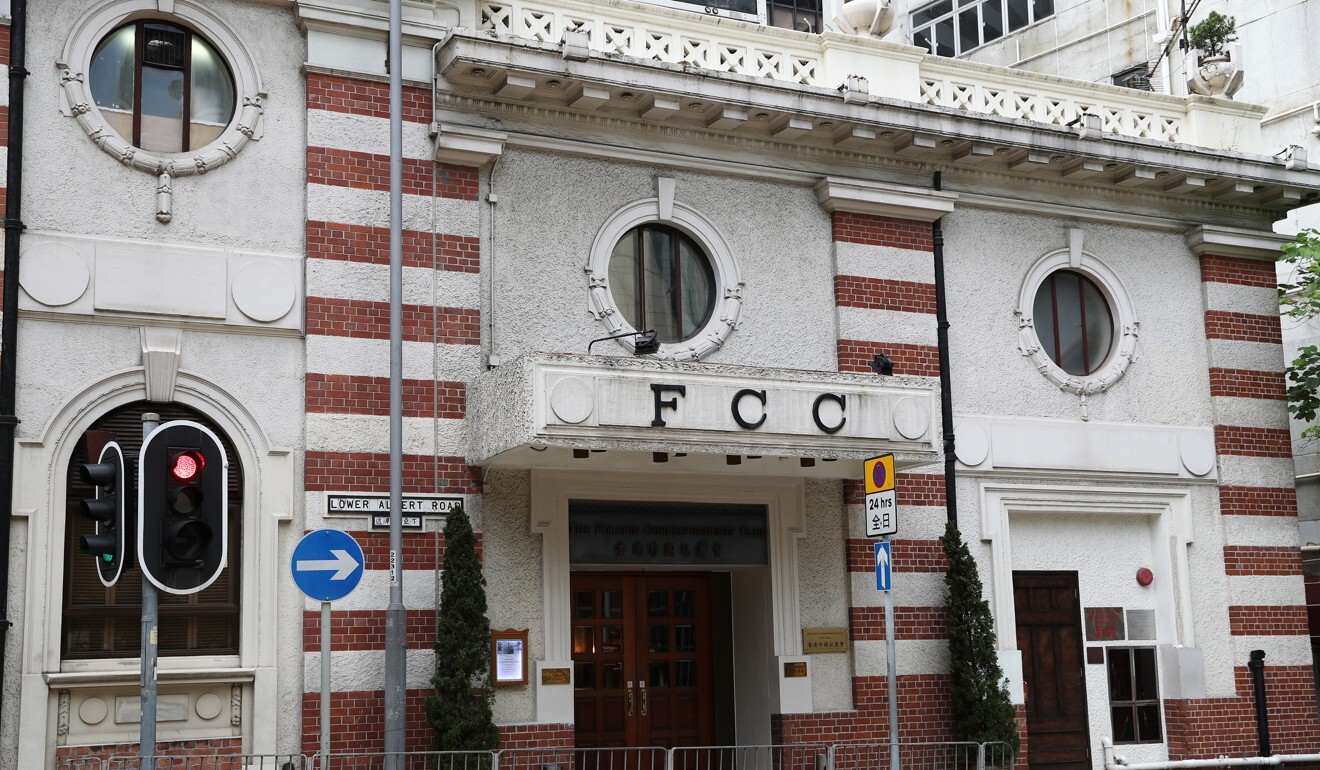
Beijing won’t rule out targeting US journalists in Hong Kong over visa curbs on Chinese reporters
- American reporters have already been forced to leave mainland and some based in city fear they are next in the firing line
- Foreign ministry says it will take ‘necessary’ countermeasures if Chinese reporters continue to face visa curbs in the US
Beijing has not ruled out targeting American journalists in Hong Kong in retaliation for visa restrictions on Chinese reporters in the United States.
“As for whether US journalists in Hong Kong will be impacted, I can tell you that the Hong Kong special administrative region is a part of China,” he said.
“In response to the unreasonable suppression of Chinese media outlets in the US, we will be forced to take necessary and timely countermeasures, as this belongs to the Chinese central government’s diplomatic authority.”
China targets journalists from US media amid row over Hong Kong national security law
The media war between the two countries has been steadily escalating in line with the growing tensions across a range of other areas.
On Tuesday, Hu Xijin, editor-in-chief of the hawkish Chinese state tabloid Global Times, tweeted early on Tuesday that if all Chinese journalists were forced to leave the US because they could not get their visas renewed, then the Chinese side would retaliate including by “targeting US journalists based in HK”.
The US consulate in Hong Kong declined to comment.
In February, Beijing expelled three reporters from The Wall Street Journal in retaliation for the headline of an opinion column in the newspaper that was deemed to be racist.
The following month it revoked the credentials of more than a dozen American journalists working for three US newspapers as well as denying Chinese news assistants at several of these outlets work permits.

That month the US said it would limit the number of journalists that five Chinese state media outlets could employ – effectively expelling 60 people.
In May it also said that Chinese journalists would only be given 90-day visas, and would have to apply for extensions.
Beijing says expulsion of American reporters may just be the start
The Times said some of its employees had faced challenges securing visas, and its veteran China reporter Chris Buckley, who was forced to leave the mainland earlier this year because his visa was not renewed, had been denied a Hong Kong work permit.
One American reporter based in Hong Kong said there was a “tremendous amount of uncertainty and anxiety” among US journalists over whether they would be forced to uproot their lives.
“What is clear is that journalists in Hong Kong are increasingly facing some of the same obstacles that reporters in the mainland have faced for a long time,” the person, who declined to be named for fear of visa repercussions, said.
“More and more, it seems like officials in Beijing are making decisions for the Hong Kong government in terms of how the media will be handled.”
Another reporter at a US media outlet in Hong Kong added that many were “just waiting for other shoe to drop”.


